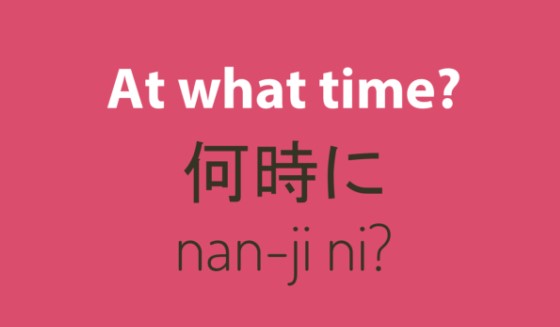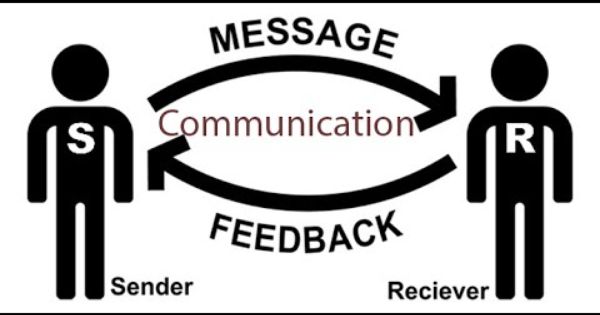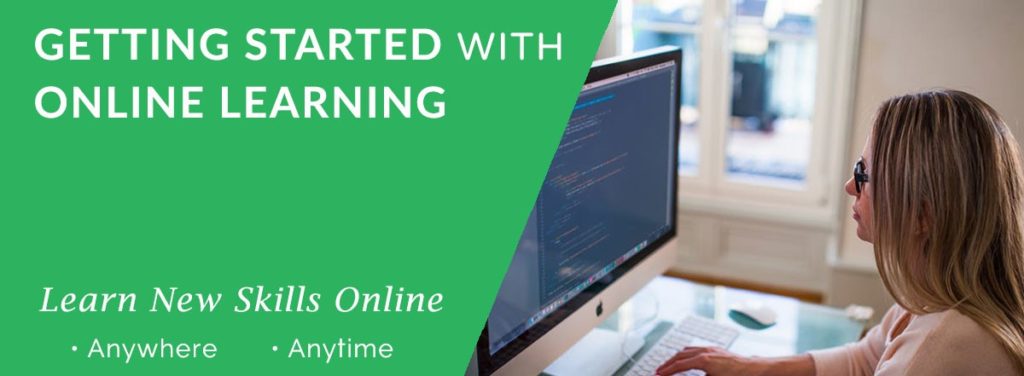The debate is clear: what is better for learning a new language, an app or a personal tutor?
Phone apps are generally most popular with the younger generation, who have adapted their lives to all the technology around them. However, apps like Duolingo and Babbel do not offer the same range of benefits that an actual human being does.
This means that while an app is more convenient for the working person, it cannot and will never be able to replace the human interaction and interpersonal communication skills you learn having a personal tutor.
Plain and simple.
The New York Times explains in detail what to expect before you sign up to these Apps, what is their difference, and why it’s essential to have a human external instructor: https://www.nytimes.com/2019/05/04/smarter-living/500-days-of-duolingo-what-you-can-and-cant-learn-from-a-language-app.htm
Let’s see below some main points to keep in mind:
PRO TUTOR: pronunciation, contextualization, more examples and cultural comparisons

From my students’ experience, I can attest that pronunciation is something that an app cannot teach properly; it won’t challenge you. A tutor can break down the words and the sounds, give examples you can relate to for better understanding, and provide a wider knowledge of the linguistic differences within a language. You get a better, more rounded education.
Further, having a private, personal tutoring sessions with an expert can make all the difference when trying to pass a language class in school.
Oh yes, a private tutor can really make the difference between passing an exam and failing it (It’s a big misconception that tutoring is only for students who struggle academically; tutoring can help just about anyone who either struggles with a subject or wants to learn something new), and for Foreign languages, private Tutoring helps in making you the coolest and the more interesting person in a group conversation knowing a culture in depth, like an authentic traveler, diplomat or “just” a citizen of the world!

Yes, you will surely gain more self-confidence, you will gain more respect, esteem and admiration from others. Because learning a foreign language denotes strong willing, persistence and efforts not just notions; and a tutor provides the extra miles of deep knowledge.
PRO TUTOR: LESS PRESSURE, CUSTOMIZED LEARNING, extra info (nuances, behavior codes, cultural etiquette etc.) reaching the highest level
The apps make it easy to learn a foreign language, right? Well, it’s not.
That is why a good start is your mind set: You have to be excited about learning a new language. The passion, a genuine goal and a daily work will lead you to the result you expect. Nothing else.
In order to help your memory and make this goal last for a long time, you have to want to learn the desired foreign language deeply and make it yours; while it is tricky sometimes, it should also be a lot of fun.
Your willing and your approach will help you, not a single App can do such a miracle.
With a personal tutor, you feel less pressure working with a customized learning schedule tailored to your level and (personal) interests. While an app offers a generic overview, with a tutor you can ask questions, practice holding a conversation with a native, learn about cultural etiquette and codes of behavior, and even learn the most popular slang terms.

The New York Times emphasizes the fact that (if it’s not already obvious) any language apps simply can’t get someone to level C2 (the highest level) — or anywhere close — on their own.
And, not less important, the distinctions between the formal and informal codes (= formality and politeness) or the body language and posture that can have a dramatic impact on how your speech is perceived, and language apps tend NOT to cover this at all!
The New York Times also clarifies “The short answer is that you can definitely learn some things from an App, but if you want to become fluent in a language — or even conversational — they won’t be enough!
PRO APPS: easy to visually learn the writing systems and basic phrases
Language apps are great for learning languages different writing system and basic phrases. That’s all. For languages that have a different writing system, like Japanese, Russian, or Korean, language apps can be an excellent way to learn, and, in general, these phone apps break down component parts of a sentence and teach you a few different variations so you understand what you’re saying and can adjust what you’re saying based on your situation. It’s a useful skill to have, especially when traveling.

However, the New York Times states “It’s definitely better to have external lessons, an instructor, or best of all, a native speaker to help explain some of the finer points of nuance in a language’s grammar.”
PRO TUTOR: recommendations for the extra mile (movies, songs, games, etc.)
A key element of learning a new language is completely immersing yourself in it. Listening to music and watching films in that language are great practice for your ears to get used to certain sounds, your eyes to catch the context of how and when to use certain structures, and if advanced, you can even learn to understand different dialects and get a wider sense of the history behind a particular culture.
Thanks to the internet, we absolutely do not have to be in a Country where the language is spoken to learn it, plus we have endless options available to us, yet watching TV or movies creates a level of “passive” command of the language only.
Take the 1997 Italian film, “La Vita è bella” (trans. ‘Life is Beautiful’). If you were to watch it in each of the three languages it can be translated to (Italian, English, and German), you might find it difficult to understand the film completely without having a good grasp of the way conversations work in their respective languages. While it does not change what they say, accents and slang could alter your interpretation, making the film hard to follow.

Here you can find some movie-watching tips for learning a foreign language: https://www.iwillteachyoualanguage.com/blog/watching-movies-for-language-learning
In conclusion, having private, personal tutoring sessions with an expert (ideally native speaker) means that you will usually see a huge improvement in that specific subject in a faster, updated and contextualized way.
Private tutoring provides:
- – Fewer distractions
- – Less pressure / more fun
- – More than just the Syllabus Material
- – Better performance at school
- – Customized learning
- – Interesting facts for social conversations
- – Solid and wider knowledge of history, literature, and politics behind the culture of the foreign language you would like to speak
- – All updated language registries (formal, informal, slangs, dialects) by specific contexts
And a lot more.
Most importantly, though, language apps are not other humans. It sounds like an obvious observation, but the entire point of learning a language is to communicate with other people. You can learn as many words or sentences as you want, but until you’re able to have a conversation with another person, you will never be fluent. Frankly, you won’t even be halfway there.

For that reason alone, learning a language with an app should be a starting point, not the end.
If you make it through an entire Duolingo skill tree or a Memrise lesson plan, it might be time to upgrade to an in-person class, or you might want to find a native speaker to practice with.
Nowadays, we are lucky to have the technology enabling us to continue our education “live” with a professional and native tutor anytime of the day, such as happy hour after work or on weekends, and as an opportunity to get new skills (or improve them) regardless of being forced to stay at home because of the COVID-19 lockdown.

Many people have realized this and are taking advantage of “remote learning”: comprehending something new with fun is a breath of fresh air. You should try it as well.
In my online school, all tutors are native speakers and experienced qualified Tutors. Contact me at [email protected] for info if you want to learn (in group or private sessions) the following languages: Italian, Spanish, French, German, or Portuguese.
Valentina Caprio

